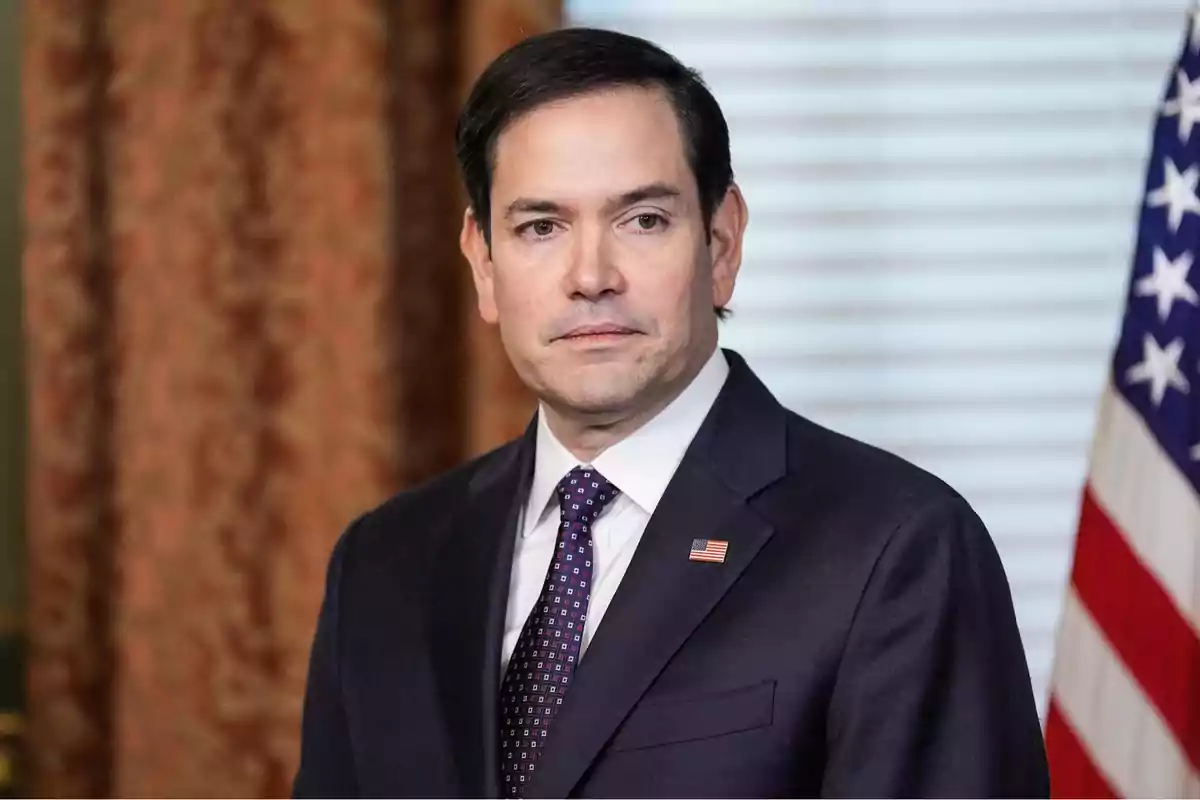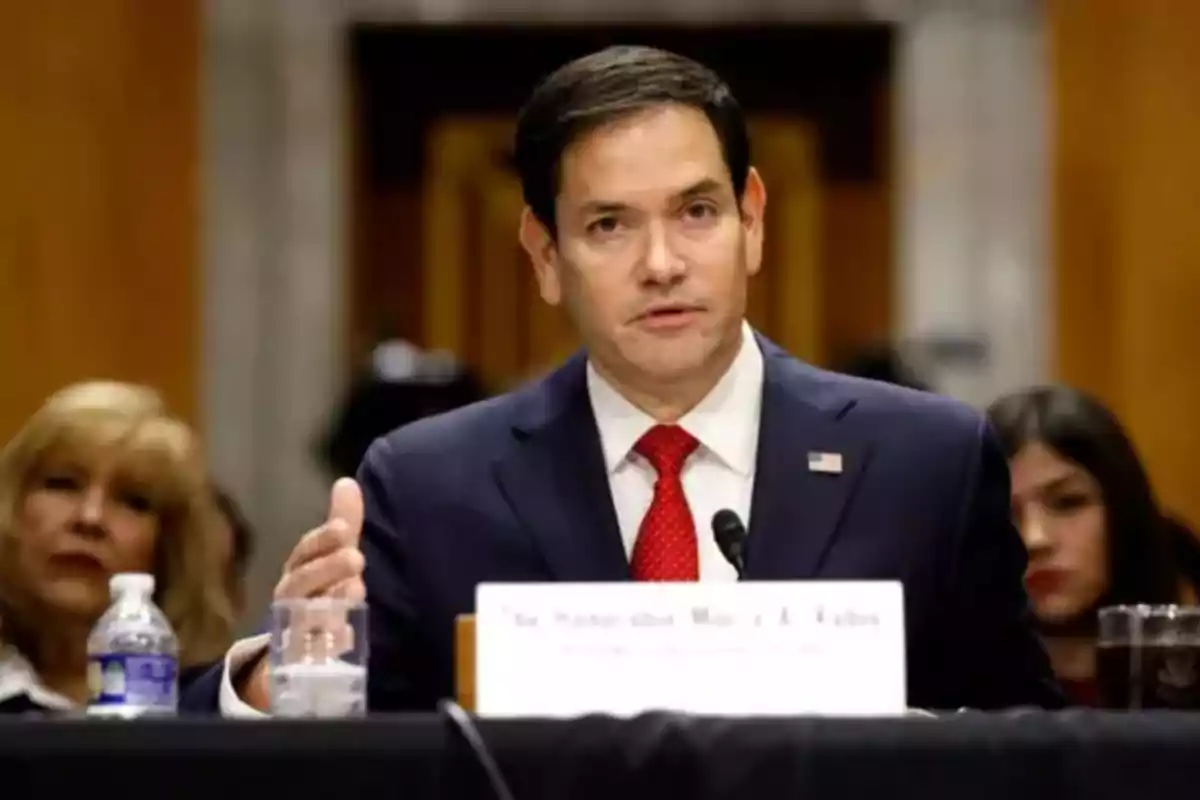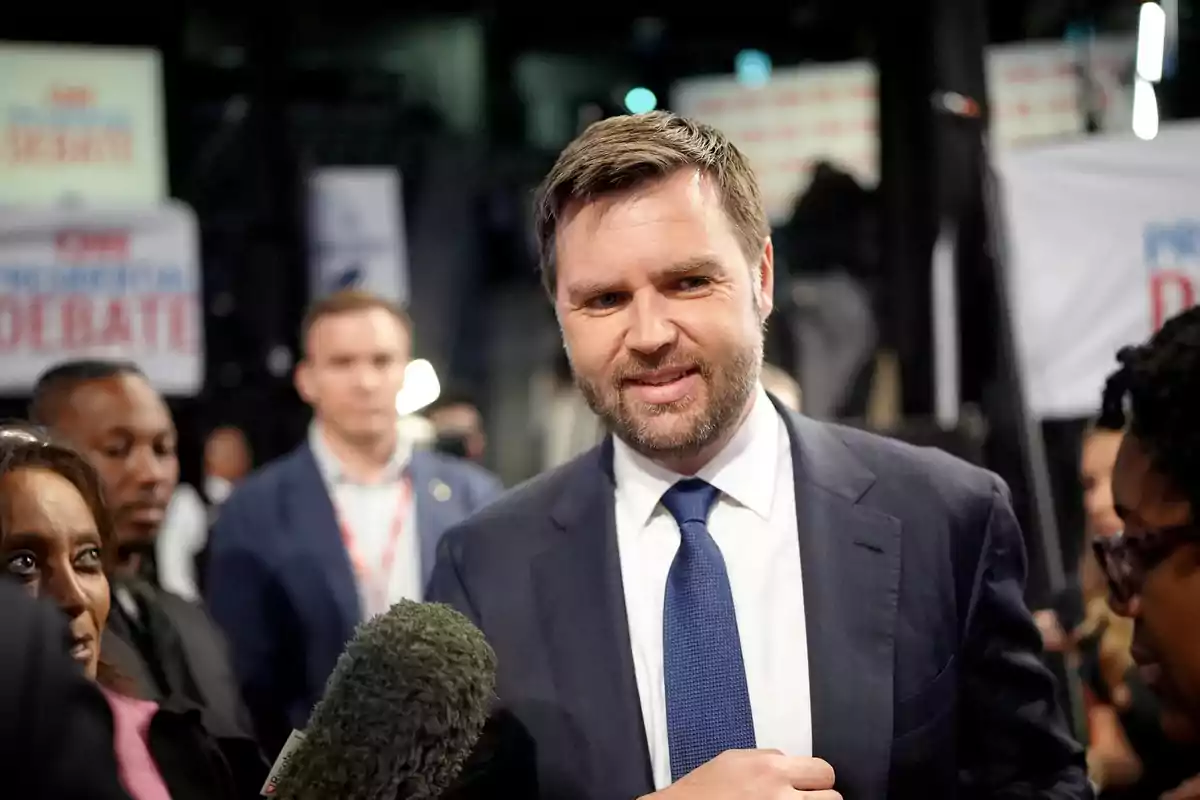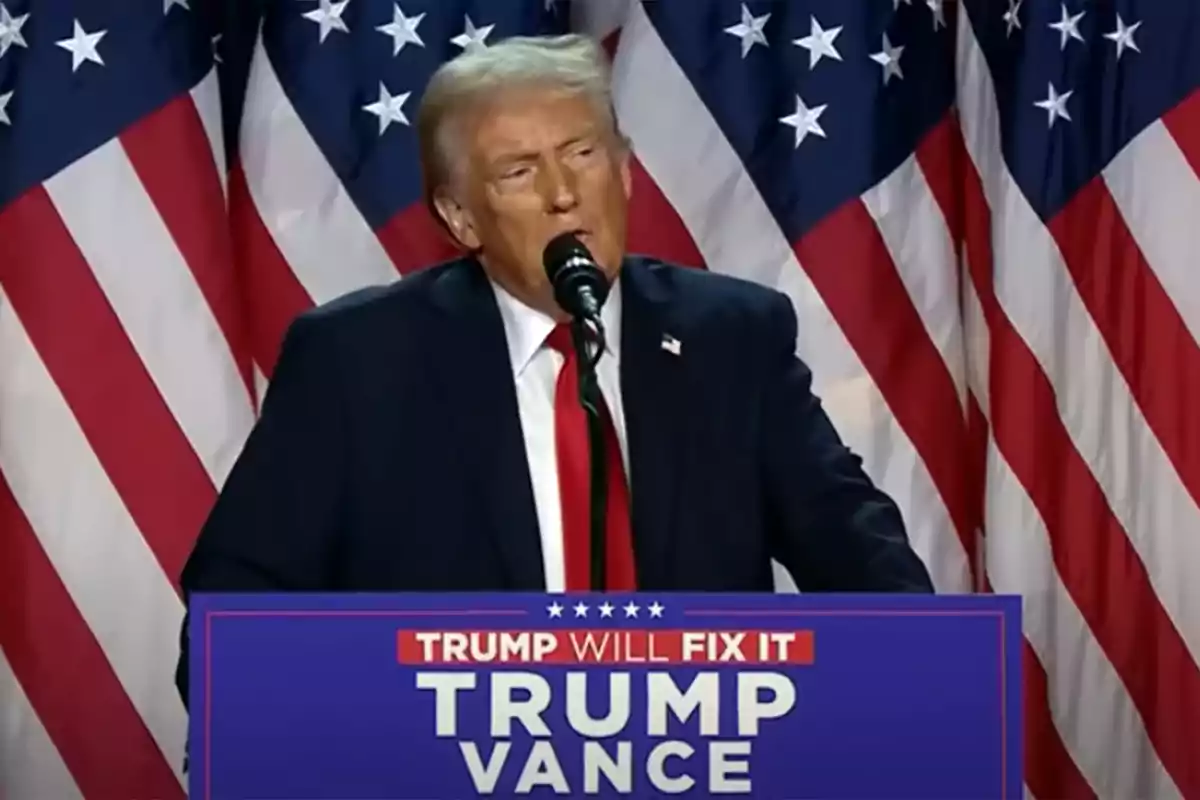
Rubio announced the implementation of restrictions on those who censor U.S. citizens
The United States Secretary of State announced that restrictions will be implemented on officials and foreign individuals who have been complicit in these acts
The United States Secretary of State, Marco Rubio, announced the implementation of new visa restrictions targeting officials and foreign individuals who have been complicit in censoring American citizens.
In a statement published on the social network X, Rubio stated that "for far too long, Americans have been fined, harassed, and even prosecuted by foreign authorities simply for exercising their right to freedom of expression."
The new visa restriction package seeks to protect that right, considered essential to the American way of life and outside the jurisdiction of foreign governments.

Although the United States has criticized for years the censorship carried out by regimes such as the Chinese Communist Party, Russia, Iran, and Cuba, the Trump administration has recently expanded its scrutiny to European allies.
Vice President JD Vance has been one of the most critical voices, warning that European regulations such as the European Union's Digital Services Act could indirectly impose a censorship model in the United States by pressuring American technology companies.
Vance rightly argues that such regulations, under the pretext of combating "disinformation," silence legitimate dissenting viewpoints. During the Munich Security Conference in February, Vance denounced before European leaders what he considers an authoritarian drift on the continent.
As examples, he cited the persecution in the United Kingdom of people who pray silently in front of abortion clinics, the annulment of the 2024 presidential elections in Romania due to alleged foreign interference, the conviction in Sweden of a Christian activist for burning a Quran, and the surveillance in Germany against anti-feminist opinions on the internet.

The vice president also raised these concerns directly with British Prime Minister Keir Starmer in a meeting with Donald Trump at the White House. According to reports, one of the main topics was the possible extradition of American citizens accused in the United Kingdom of spreading "false information" that violates British hate speech laws.
The context of these debates is marked by a wave of unrest and protests in the United Kingdom during the previous summer, following the murder of three girls in a Taylor Swift-themed dance class.
The perpetrator of the crime is a 17-year-old born in the United Kingdom to immigrant parents from Rwanda, which reignited the debate on immigration and freedom of expression on the internet.

British authorities then warned that they could seek the extradition and imprisonment of American citizens responsible for spreading content considered dangerous or inciting hatred under their legislation.
These measures and statements reflect a growing transatlantic tension regarding the limits of freedom of expression, the role of technology, and legal sovereignty. For the Trump administration, it is about defending essential principles in the face of what they consider a growing ideological threat, even among the United States' historic allies.
More posts: